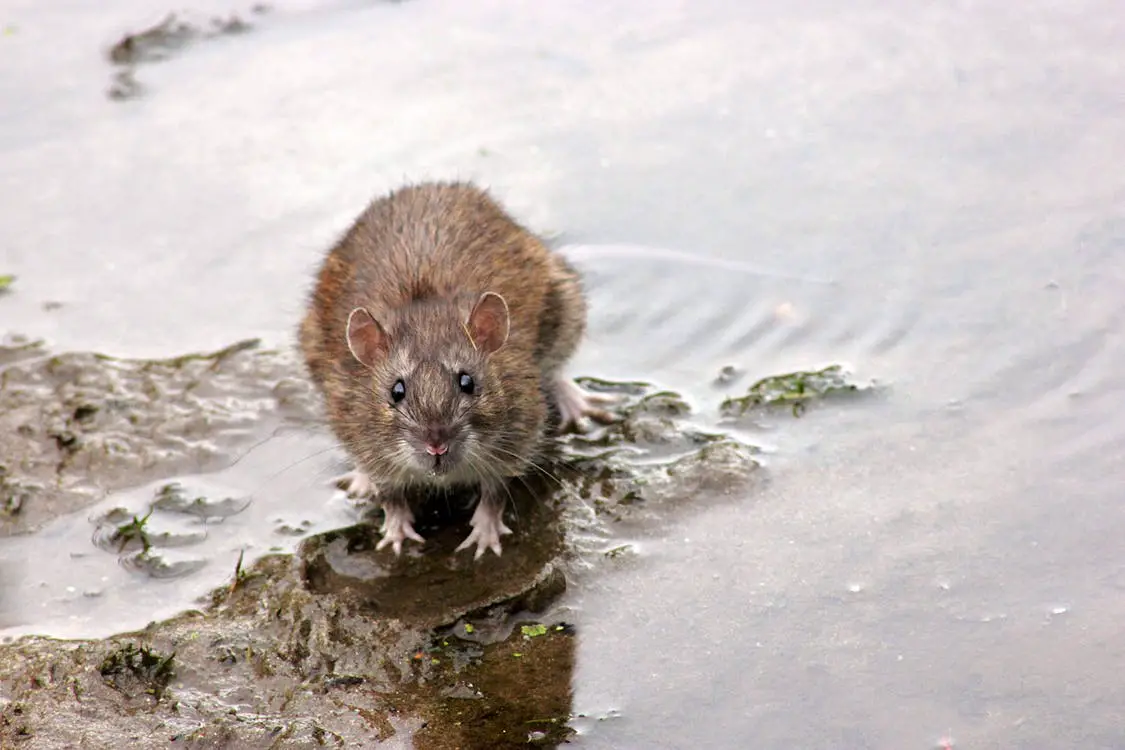Have you encountered many rodent repellents as home remedies for chasing away rats?
If yes, then you might have seen mothballs as the most common one suggested.
But do mothballs repel rats? Is it safe to use mothballs to keep rats away?
Keep reading to find out whether mothballs can genuinely get rid of rats!
What Are Mothballs?
Mothballs are pesticides used to kill clothes moths and other fabric pests. They are used to protect clothes from damage due to mold or moth larvae.
So what are mothballs composed of? Older mothballs consisted primarily of naphthalene, but due to naphthalene’s flammability, many modern mothball formulations instead use 1,4-dichlorobenzene.
Both of these have a strong, pungent, sickly sweet odor.
They undergo sublimation and produce a gas that is toxic to moth and moth larvae. But does this smell keep rats away?
Do Mothballs Keep Rats Away?
Do mothballs repel rats? The straight answer is a NO. It’s a misconception that they keep rats away.
Mothballs are ineffective as rodent repellents. While naphthalene in large quantities can be a deterrent, they aren’t powerful enough to get rid of rats and mice in small amounts.
Using mothballs to get rid of rats is more likely to make your home smell terrible rather than helping you chase them away.
It’s also unsafe to use mothballs by keeping them out in open spaces to repel rats and mice.
Hazards Of Using Mothballs To Repel Rats
Toxic Vapors
Mothballs work to kill moths and their eggs by releasing deadly gases into the air. When mothballs are in a sealed container, these fumes are contained, and it does no harm.
But when mothballs are out in the open, their toxic vapors can spread and cause serious problems.
If you can smell mothballs, you are exposed to their fumes.
Exposure to toxic mothball gases can significantly impact your family and your pets.
Effects of Inhalation
Some of the most common symptoms of exposure include:
- Vomiting
- Headaches
- Coughing
- Diarrhea
- Eye Irritation
- Respiratory Problems
Exposure to mothball fumes can cause more severe health problems like hemolytic anemia, kidney problems, and liver damage.
There is also evidence that some of the chemicals in mothballs could cause cancer.
So it’s better to avoid using mothballs by keeping them out in open spaces.
Alternatives Of Mothballs To Repel Rats
Now that you know it’s useless and not a good thing to use mothballs to repel rats, you might want to know about some alternatives.
Here is a list of them:
- Ultrasonic pest repellers: These work by sending out ultrasonic waves that are sounds of frequency that the human ear cannot hear. This can scare rats and mice to some extent.
- Home Remedies: Rats hate the strong smell of black pepper and even bleach or coke, and they can be gotten rid of using these.
- Essential oils: These work the same way as peppermint oil. The strong scent of these oils can repel rats.

Conclusion
Mothballs are NOT effective in repelling rats. It can also cause health issues when humans and pets inhale its fumes.
So break the myth of using mothballs to get rid of rats and mice and instead go for more effective and safer methods to repel rodents.
You can also use electric rat traps to eliminate them permanently.
In the end, ensure you keep your house clean to avoid further infestation.
Have any more questions for us? Leave a comment below, and we will get back to you asap.
